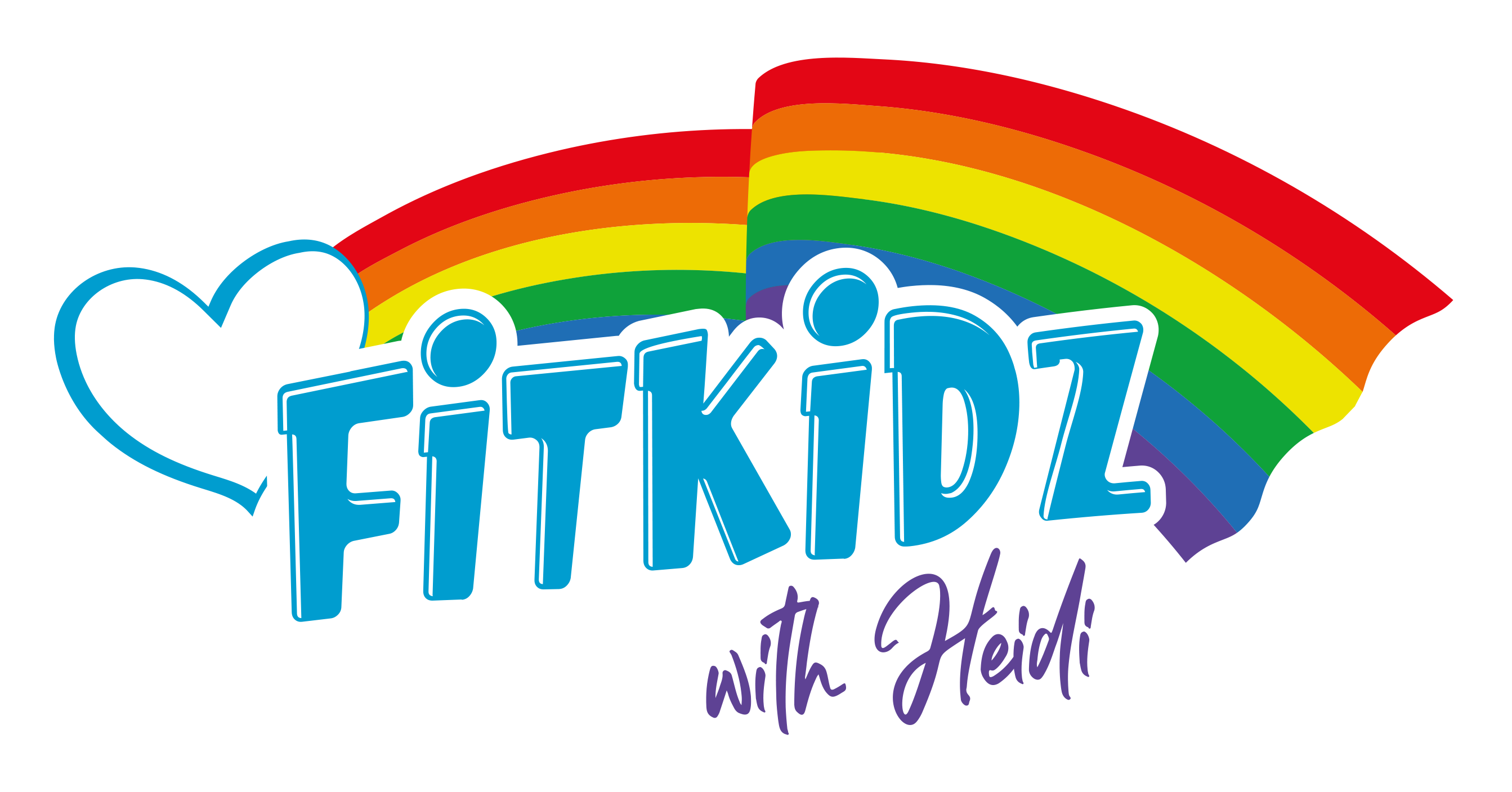Bullying
What is Bullying?
How do I know if my child is being bullied?
Many children who are being bullied are afraid to speak out. They are scared of reprisals if they tell someone. Reports have shown that as young people grow older, they are less likely to tell someone. They become more and more isolated, experience depression and, in extreme cases, can harm themselves or attempt suicide.
Signs of bullying:
The signs of bullying can be:
- Fear of going to school
- Poor or deteriorating schoolwork, inability to concentrate
- Withdrawn behaviour
- Depression
- Loss of confidence
- Reluctance to go out
- Shortage of money
- Torn clothes, broken glasses, missing schoolbooks
- Repeated signs of bruising and injuries
How is bullying stopped?
Intervention from adults is usually necessary. Bullying behaviour must be challenged or it will become regular and get worse.
If you think someone is being bullied, you should talk to the class teacher or the principal.
If the matter cannot be resolved by the school staff, you can report the matter to the Chairperson of the school’s Board of Management.
The Board of Management is legally responsible for the day to day running of the school and has a duty of care to its school’s students. The school’s Board of Management in turn is responsible to the school patron for the exercise of its duties under the Education Act 1998.
The Department of Education can advise you on how to proceed with a complaint. The Department of Education itself does not have any power to investigate complaints.
The Tackle Bullying website is a national website to prevent, intervene and resolve bullying and cyberbullying for young people, parents and teachers.
Serious instances of bullying where the behaviour is regarded as possibly abusive it must be reported to Tusla or the Garda.
Anti-bullying procedures in schools
Bullying can occur at any age and in any environment. Bullying in schools is a particular problem due to the fact that children spend a significant portion of their time there and are in large social groups.
The school authorities are responsible for dealing with bullying. All schools should have an anti-bullying policy as part of their overall code of behaviour. Department published Anti-Bullying Procedures for Primary and Post-Primary Schools (pdf).
The following information is from Citizens Information Website.



